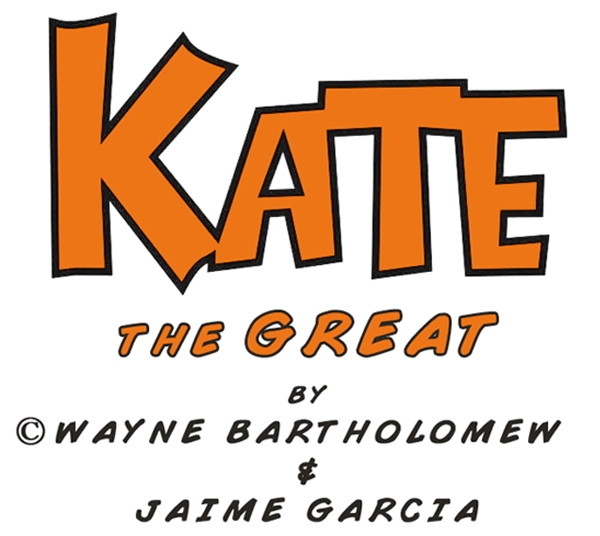Recently, a reader sent us an email saying that he can't afford art school, but he'd really love to be a cartoonist/animator. This definitely struck a chord with Jaime and me, and so, we sent him the following response. We don't typically publish responses to individual messages in a such a public way (if you write to us privately, we respect that and respond in kind); however, in this particular case, we thought the information that we sent to Mr. XXXX XXXX, Jr., would prove helpful to many others.
If you're interested in becoming a cartoonist and/or working in the field of animation -- or even if you just have a passing curiosity as to how an artist might improve his or her work -- then the following is meant for you, too.
Dear Mr. X, Jr.,
We're sorry to hear that you're having trouble affording art school, but here's an encouraging thought for you: Jaime and I are self-taught.
Sure, I have a master's degree in English, but I didn't learn a single thing about writing comics in college. (No one knows less about commercial writing than an academic!) I earned my education by looking to the great cartoon writers of the past and learning from them. Guys like Bill Watterson, Berkeley Breathed, Gary Larson, and Hank Ketcham taught me more about entertainment writing -- and life in general, really -- than any of the teachers I had in school. And Jaime loves art so much that he looked to many of the greats artists -- guys like Alex Toth, Bruce Timm, Waterson and Will Eisner -- and learned everything he could directly from their work.
Stop by your local public library and pick up some books about cartooning and animation. Jaime would definitely recommend reading “Comics and Sequential Art” by Will Eisner. It’s perhaps the book he learned most from, especially about narration. And for animation: “The Illusion of Life” by Ollie Johnston and Frank Thomas. It’s a Disney art book that is considered the Bible of the Animators.
Jamie also suggests “Making Comics” by Scott McCloud -- “a comprehensive book,” he says, “that will motivate you to draw immediately.” And as a curiosity, “Drawing on the Right Side of the Brain” by Betty Edwards. Conchita and Jaime both find it to be an interesting book that will amaze. (It’s about how we learn; how the brain works when it comes to drawing, and how to take advantage of that knowledge to improve our drawings.)
Jaime also says, “Do not be discouraged. All are born with innate talent, but everything can be learned. The creative mind works with great constancy; we learn something new every day. The key is consistency and practice. If it’s something you love, then that’s your road. Persevere, and you’ll come to wherever you want.”
Good skill to you! (<-- Mr. X's thing. Because skill is better than luck!)
Permanent link to this post: http://www.katethegreatcomics.com/news/good-skill-not-luck
